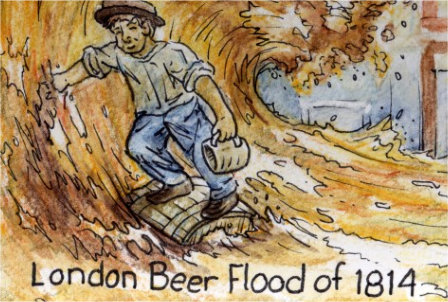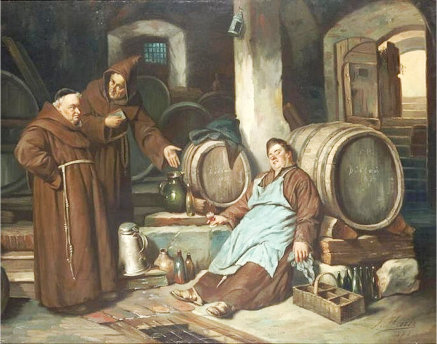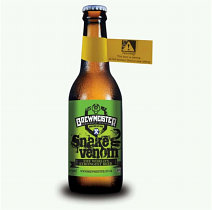Beer is the third-most popular drink on Earth, after water and tea.
The Czech Republic consumes the most beer per capita of any country in the world, and China consumes the most overall.
Far from being frowned on as a dangerous recreational drink, beer in the Middle Ages was a necessary part of people's diets.
In 1814 London suffered the Great Beer Flood when around 388,000 gallons of beer poured into the streets around Tottenham Court Road after vats in a brewery ruptured. At least eight people drowned but a judge and jury ruled the beer flood was an Act of God.

First prize at the Wife Carrying World Championships is the wife’s weight in beer. Ancient Egypt relied heavily on beer since it provided necessary vitamins and was generally cleaner and safer to drink than water from the Nile.
In Medieval Europe, Catholic monks would often undergo "beer fasts" during the forty days of Lent. They ate no food, getting calories only from beer, which they called "liquid bread."

In ancient Egypt beer was traditionally brewed by women.
Many civilizations of antiquity and Medieval times relied heavily upon beer as the safest available drink, due to poor wa-ter quality.
The strongest beer in the world is "Snake Venom," brewed by Scottish brewery Brewmeister. It is 67.5% alcohol by volume (abv).

There are more breweries per head of population in the UK than anywhere else in the world.
The oldest continuously operating brewery in the world is located at Weihenstephan Abbey in Bavaria, Germany. The Benedictine monks at Weihenstephan began brewing beer in 1040 AD.
Rogue Ales, an Oregon brewery, created a "Beard Beer" using yeast grown in their brewmas-ter's beard.

The moon has a crater named Beer.
The Guinness Book of World Records was conceived of by Hugh Beaver, the Managing Director of the Guinness Brewery in Dublin, as a way to settle pub disputes.
You can go swimming in a pool of beer at the Schloss Starkenberger brewery in Tarrentz, Austria. The sudsy bath is said to promote healthy skin.
